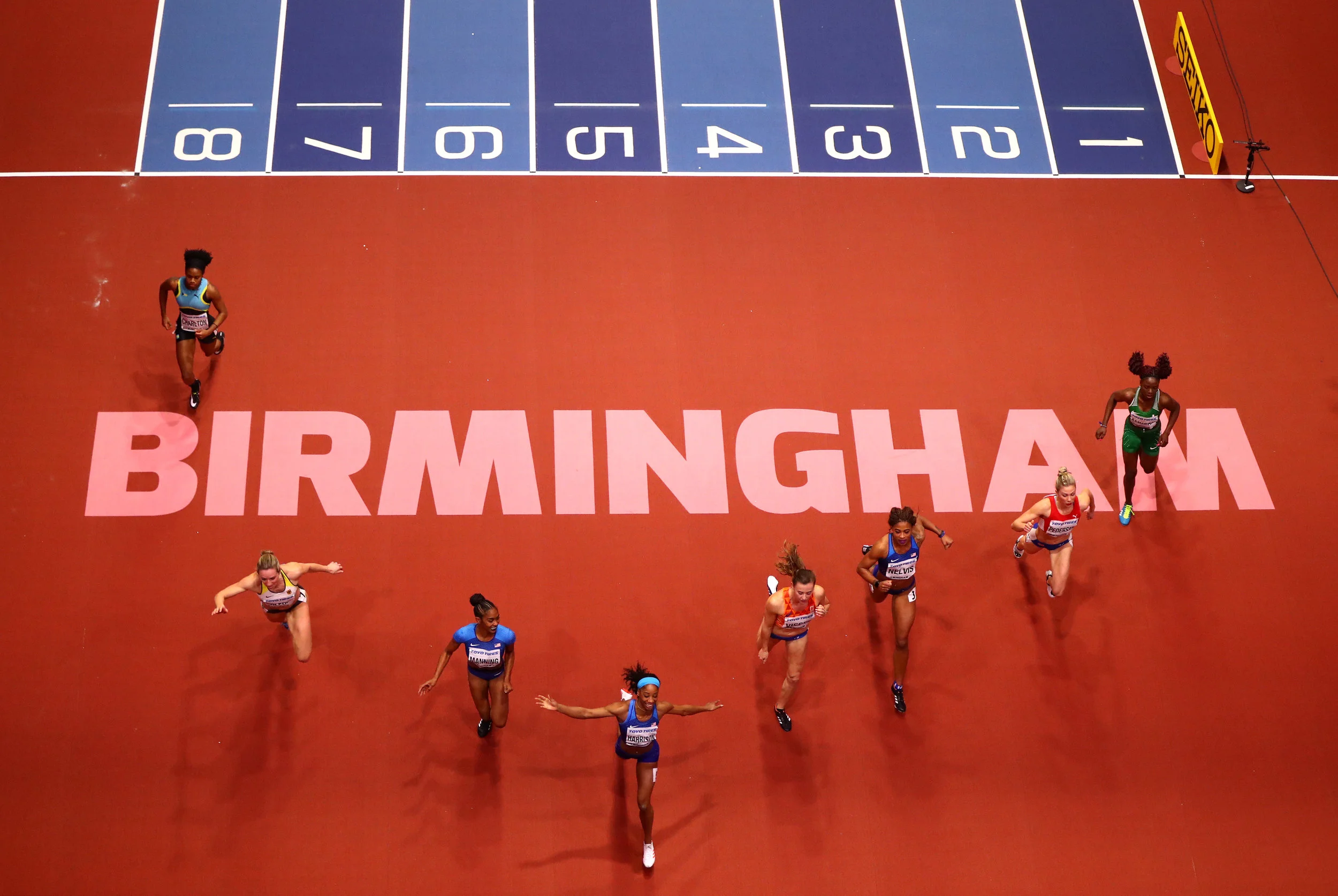![Track and field World Cup: 'fixture' or one-off?]()
LONDON — Keep it simple, stupid, Bill Clinton would have advised, and here is the problem with track and field, exemplified with this weekend’s first Athletics World Cup back at Olympic Stadium
This meet sought so desperately to be so many things — too many things — to so many people on so many levels.
Organizers tried to put together a world-class meet in about six months though the schedule of world sport is already jammed to the max, the calendar of track and field is itself a mess and, maybe, most of all, it’s unclear how a meet like this can draw the world’s best runners, jumpers and throwers in a way that everyone — and in particular, a wide range of athletes — can make money. Real money.
That last bit requires a further set of questions, all fundamental. Track and field is a professional sport. What is a reasonable payday? For a star? For someone who is in his or her first pro meet? For someone who, say, runs the open 400 meters as opposed to someone who runs but a leg in a relay? For someone who pulls double duty? Should the pay standards be different for track athletes and those in the field events?
Switching gears: who thought a trophy should cost $400,000, and why?
So many threads. Pull, and it’s clear why the tapestry of track and field is at once so beautiful and so frayed.










